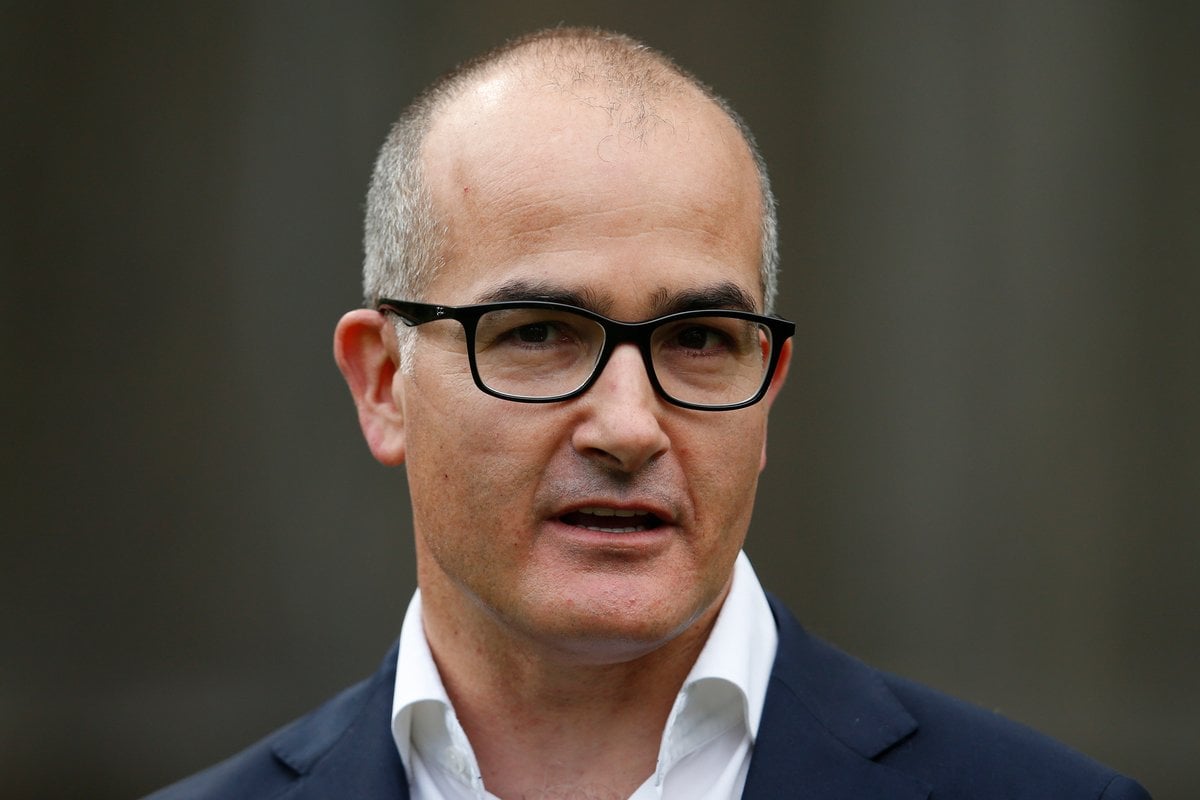
Victoria declares 'code brown' for hospitals.
The Victorian government has declared a ‘code brown’ emergency as the state's hospital system buckles under COVID-19 admissions and staff shortages.
The order, which comes into effect at midday on Wednesday, applies to all public metropolitan hospitals and six regional hospitals in Barwon, Ballarat, Bendigo, Shepparton, Albury and Latrobe.
"This is first time we’re having a system-wide pandemic code brown," said Victorian Deputy Premier James Merlino.
A code brown is declared when additional capability and capacity needs to be mobilised to receive an influx of patients due to an external emergency.
The order will mean some hospital staff may be recalled from leave and more emergency services will be deferred. The cancellation of leave will be negotiated between the hospital and staff.
The code brown declaration, expected to last from four to six weeks, will ease pressure on the system ahead of the expected peak in hospitalisations in "two to three weeks".
"We’ve reached a point where our health system is juggling severe work shortages," said Merlino.
"We’ve got more than 4000 healthcare workers unavailable right now, alongside all the patients with COVID-19."
The news comes as Victoria recorded 20,180 COVID-19 cases on Tuesday, 22 deaths and 1152 patients in hospital.
Changes to disaster payments come into effect today.
There is cautious optimism the current Omicron outbreak will not get much worse as health authorities predict the case peak is not far off, but concerns remain over financial help for impacted Australians.

Top Comments